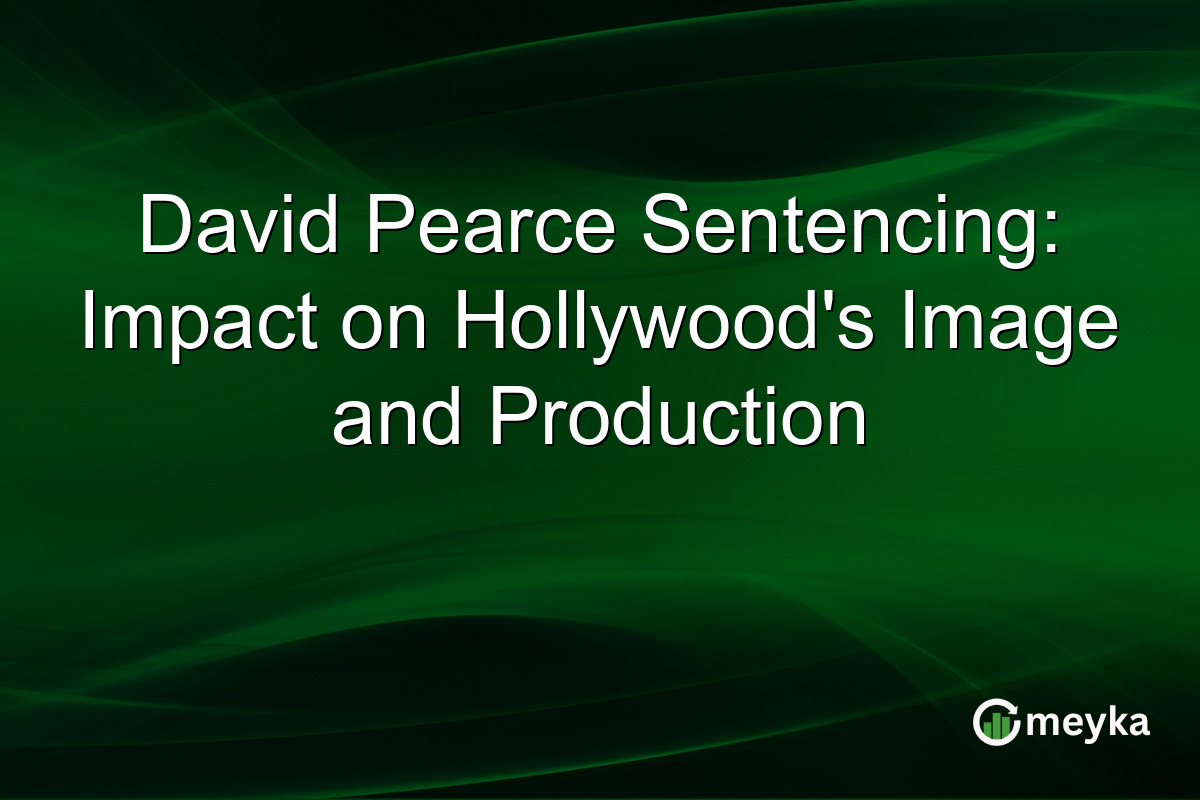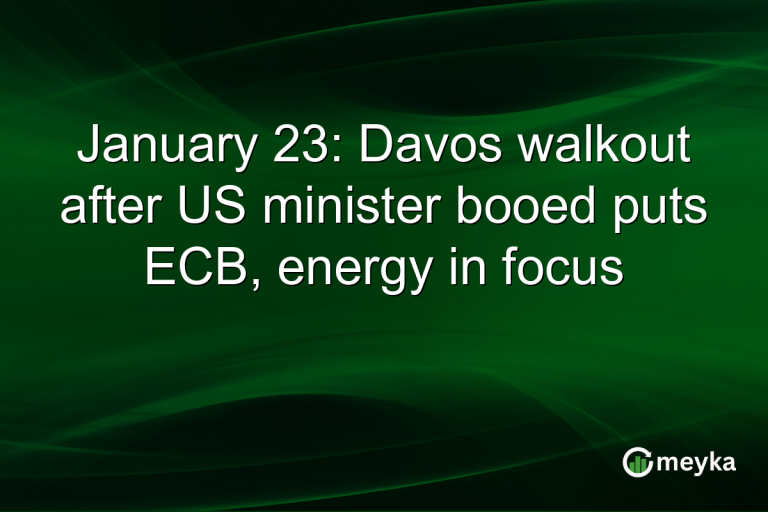David Pearce Sentencing: Impact on Hollywood’s Image and Production
The recent sentencing of Hollywood producer David Pearce to 146 years in prison marks a pivotal moment for Hollywood. Convicted for drug-induced murders and sexual assaults, Pearce’s case shines a light on the industry’s handling of accountability amid growing societal concerns about the fentanyl crisis. As these events unfold, they raise significant questions about Hollywood’s reputation and the broader implications for its future.
Continue Reading on Meyka
This article is available in full on our main platform. Get access to complete analysis, stock insights, and more.
Read Full Article →





